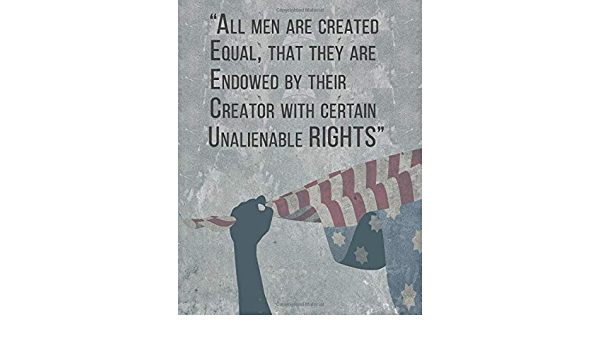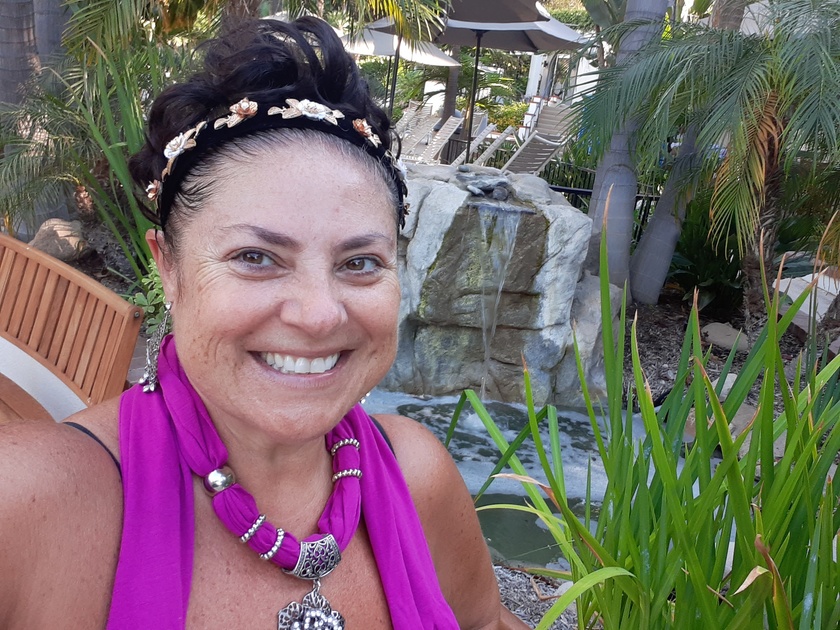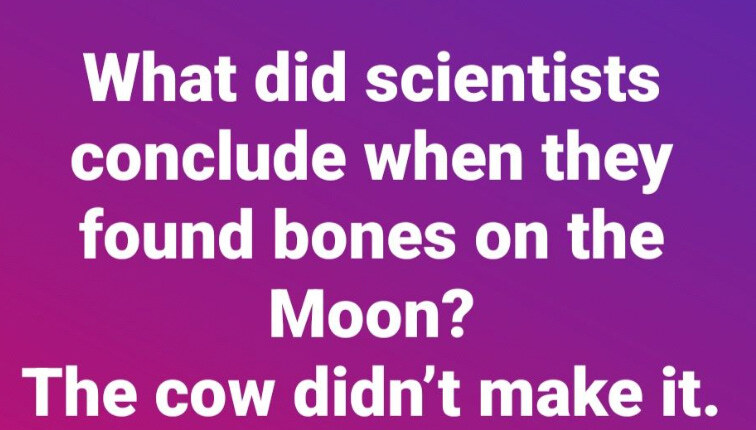
In the decades following the Declaration of Independence, Americans began reading the affirmation that “all men are created equal” in different ways than the framers intended, says Stanford historian Jack Rakove.
On July 4, 1776, when the Continental Congress adopted the historic text drafted by Thomas Jefferson, they did not intend it to mean individual equality. Rather, what they declared was that American colonists, as a people, had the same rights to self-government as other nations. Because they possessed this fundamental right, Rakove said, they could establish new governments within each of the states and collectively assume their “separate and equal station” with other nations. It was only in the decades after the American Revolutionary War that the phrase acquired its compelling reputation as a statement of individual equality.
Here, Rakove reflects on this history and how now, in a time of heightened scrutiny of the country’s founders and the legacy of slavery and racial injustices they perpetuated, Americans can better understand the limitations and failings of their past governments.
You argue that in the decades after the Declaration of Independence, Americans began understanding the Declaration of Independence’s affirmation that “all men are created equal” in a different way than the framers intended. How did the founding fathers view equality? And how did these diverging interpretations emerge?
When Jefferson wrote “all men are created equal” in the preamble to the Declaration, he was not talking about individual equality. What he really meant was that the American colonists, as a people, had the same rights of self-government as other peoples, and hence could declare independence, create new governments and assume their “separate and equal station” among other nations. But after the Revolution succeeded, Americans began reading that famous phrase another way. It now became a statement of individual equality that everyone and every member of a deprived group could claim for himself or herself. With each passing generation, our notion of who that statement covers has expanded. It is that promise of equality that has always defined our constitutional creed.
If the founding fathers, including Thomas Jefferson, thought slavery was morally corrupt, how did they reconcile owning slaves themselves, and how was it still built into American law?
Two arguments offer the bare beginnings of an answer to this complicated question. The first is that the desire to exploit labor was a central feature of most colonizing societies in the Americas, especially those that relied on the exportation of valuable commodities like sugar, tobacco, rice and (much later) cotton. Cheap labor in large quantities was the critical factor that made these commodities profitable, and planters did not care who provided it – the indigenous population, white indentured servants and eventually African slaves – so long as they were there to be exploited.
To say that this system of exploitation was morally corrupt requires one to identify when moral arguments against slavery began to appear. One also has to recognize that there were two sources of moral opposition to slavery, and they only emerged after 1750. One came from radical Protestant sects like the Quakers and Baptists, who came to perceive that the exploitation of slaves was inherently sinful. The other came from the revolutionaries who recognized, as Jefferson argued in his Notes on the State of Virginia, that the very act of owning slaves would implant an “unremitting despotism” that would destroy the capacity of slaveowners to act as republican citizens. The moral corruption that Jefferson worried about, in other words, was what would happen to slaveowners who would become victims of their own “boisterous passions.”
But the great problem that Jefferson faced – and which many of his modern critics ignore – is that he could not imagine how black and white peoples could ever coexist as free citizens in one republic. There was, he argued in Query XIV of his Notes, Jefferson argued that there was already too much foul history dividing these peoples. And worse still, Jefferson hypothesized, in proto-racist terms, that the differences between the peoples would also doom this relationship. He thought that African Americans should be freed – but colonized elsewhere. This is the aspect of Jefferson’s thinking that we find so distressing and depressing, for obvious reasons. Yet we also have to recognize that he was trying to grapple, I think sincerely, with a real problem.
No historical account of the origins of American slavery would ever satisfy our moral conscience today, but as I have repeatedly tried to explain to my Stanford students, the task of thinking historically is not about making moral judgments about people in the past. That’s not hard work if you want to do it, but your condemnation, however justified, will never explain why people in the past acted as they did. That’s our real challenge as historians.
More info and resource: https://news.stanford.edu/press-releases/2020/07/01/meaning-declaratnce-changed-time/

I will have less of a presence on The Torrid Tribe Community. We have very little activity here. This is a sign to me that members have found other social media resources that they are spending more time in. I am happy to see less censorship on social media in general. I started The Torrid Tribe 4 years ago when we were in a state of censorship and lockdowns. It was a difficult time and this was a haven and sanctuary for so many.
I will be lightly posting things here to give you all content to see. This community will always be open to everyone and will resurrect to its full capacity if subscribers show they want it fully operational again with full time administration.
Thank you for being a part of this community. Sending each of you hugs.
K-
Creator of The Torrid Tribe

Passion is the vibe that I want to bring to this community. I want to enjoy your passion for whatever it is you are into. Let's share what we learn - and learn what each other shares. Foodies unite. I love to cook and share recipes. I will regularly post pictures and recipes are available upon request. I would enjoy discussing your past, present and future journeys. Nature is God and Mother Earth's exquisite gift to us. Share a picture and we will enjoy the beauty through your eyes. Let's get deep and consensual with great subjective matter. This is a non judgemental safe place to let everything hang out.
Thank you for your membership contribution subscription. It sponsors our frequent zooms.
For those members that are enjoying this Community, Please consider subscribing. Your commitment will help this Community thrive.
Thank you and hugs.
Torri















